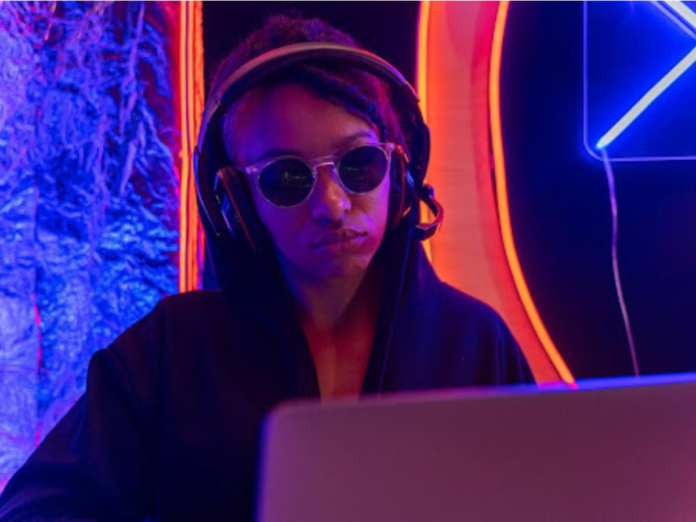Artificial intelligence is rapidly transforming the music industry in 2024. It’s influencing not only the creation of music but also its distribution and how listeners experience it. AI is evolving from a simple tool to a significant force that may fundamentally change the nature of music itself.
The Rise of AI in Music Creation
Generative AI Tools
The present music composition scene is rich with smart AI tools such as Amper Music, AIVA, and Jukedeck. These platforms are breaking the traditional methods of music composition. Imagine AI is a collaborator, a hard worker producing music like melodies, harmonies, and sometimes even entire compositions. It’s like to have a virtual Mozart at your disposal, ready to create tunes when asked for almost every mood or occasion.
Impact on Songwriting
AI isn’t just about churning out random notes. It’s reshaping how artists write songs. Collaborative efforts between AI algorithms and human creativity are leading to unique musical fusions. Some artists view AI as a partner that offers fresh ideas, breaking out of creative blocks. Others are skeptical, fearing that embracing AI too intimately may dilute the emotional authenticity central to music.
AI in Music Distribution and Promotion
Personalized Music Recommendations
How do you discover new music? In all probability, AI is that. Algorithms are the ones that make playlists on different platforms like Spotify and Apple Music that are uniquely suited to you. They are algorithms that look into your listening habits and preferences to personalize everyday music discovery as if it were made just for you. AI is the conductor here, and the music is just for you.
Analyzing Listener Data
Understanding what makes listeners tick is crucial for producers and labels. AI delves into the vast oceans of user data, uncovering trends and preferences. It’s like having a crystal ball, helping artists understand what melodies resonate with their audience. This data-driven approach ensures that musical offerings hit the right note more often than not.
Challenges and Concerns Surrounding AI in Music
Copyright and Ownership
Scientific Intelligence AI is an intellectual property owner bringing me to thorny questions about who owns it. When an AI creates a song, can someone call the rights? It is a tug of war that has to take place in the digital space and can thus transform the copyright laws. Artists and politicians alike should have to overcome these murky waters to ensure that the creation of art is both protected and rewarded.
Impact on Employment for Musicians
With AI stepping into music creation, the fear of job displacement looms over musicians. Will AI replace human musicians? While some predict AI could generate new opportunities, others worry about reduced demand for traditional roles. It’s a double-edged sword, offering efficiency but at what potential human cost?
The Future of AI in Music
Innovations on the Horizon
Peering into the future, AI’s influence on music is only set to expand. Innovations are on the horizon, poised to deepen AI’s role in music production, from smarter composition tools to AI-driven mastering processes. Imagine AI not only playing in the band but also conducting the orchestra.
Collaboration Between Humans and AI
The collaboration between humans and AI could give rise to new genres and styles. This partnership could blend human emotion with digital precision, crafting sounds we’ve yet to dream of. Like a painter with a new set of colors, musicians could find themselves in a Renaissance of creativity.
Conclusion
Artificial intelligence in music is not a passing trend—it’s a transformative force. From composition to distribution, AI holds the baton, orchestrating a new symphony in the world of music. As the relationship between humans and machines evolves, the music industry faces both dazzling opportunities and significant challenges. One thing is certain: the rhythm of AI in music is here to stay, setting the beat for a future where melody and technology dance in harmony.


